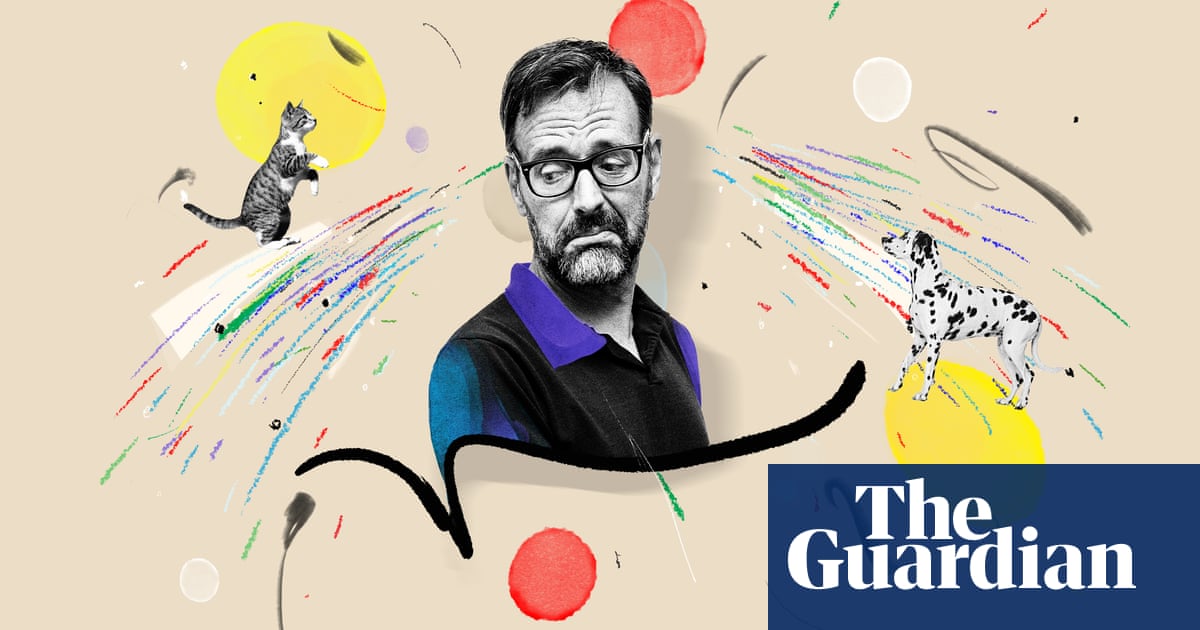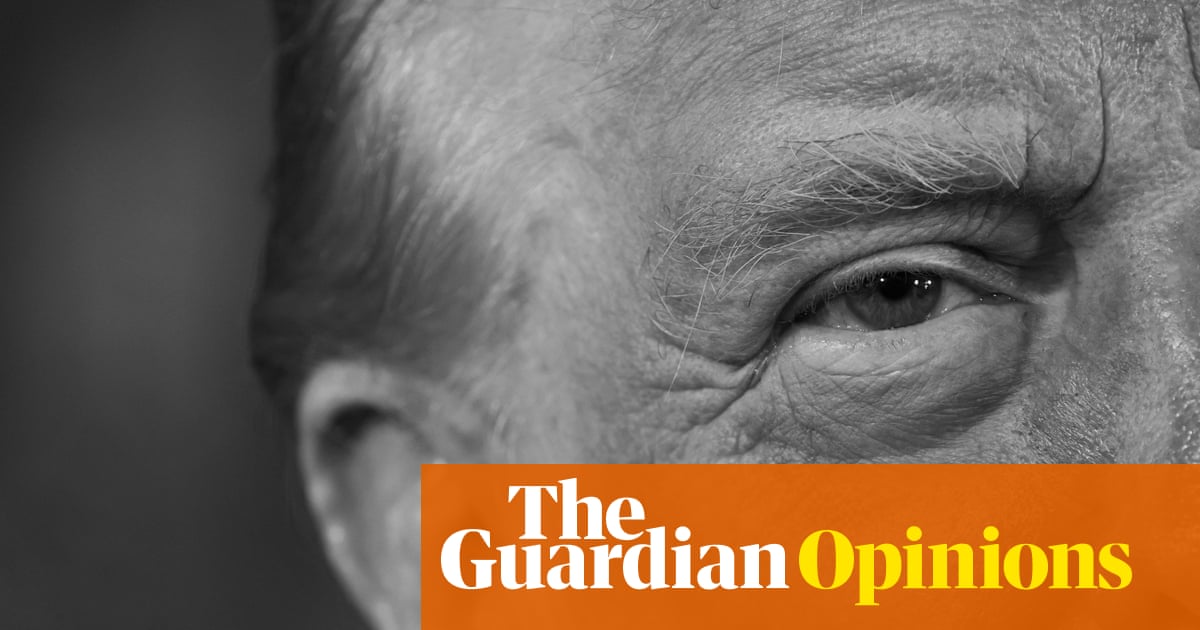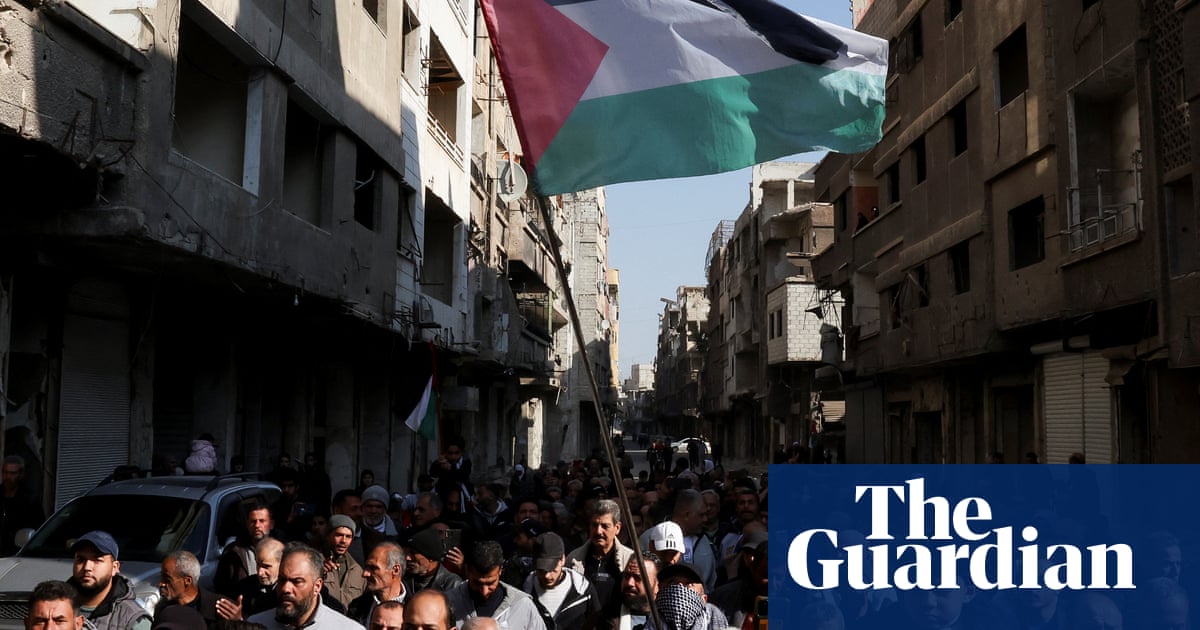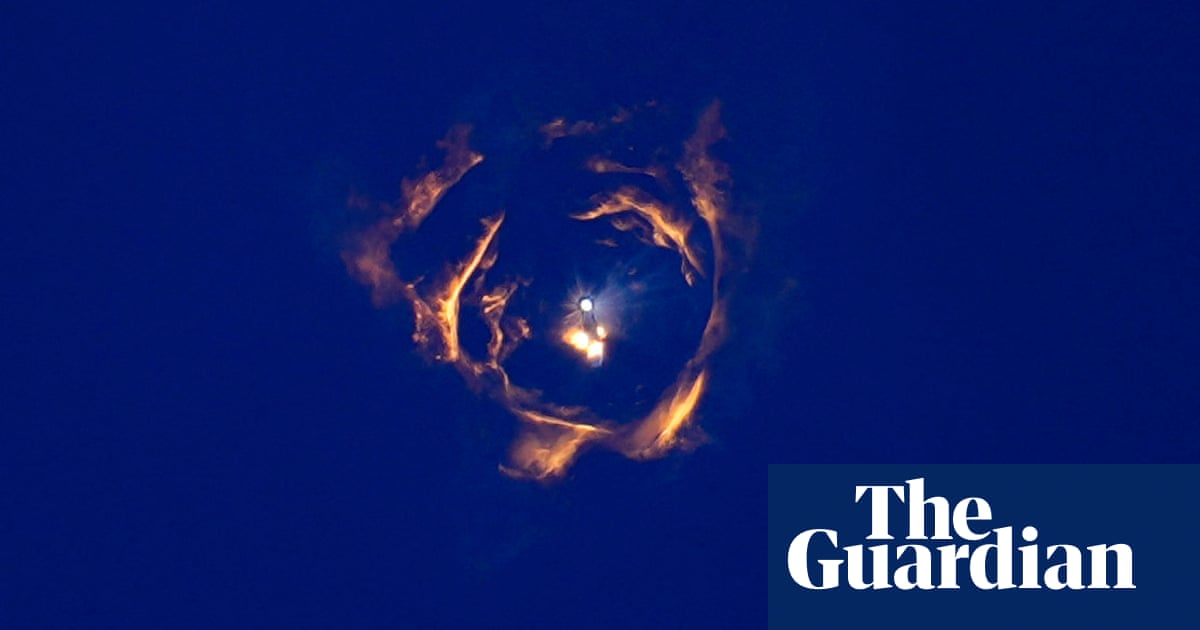On 18 June last year Hardeep Singh Nijjar had spent the day in his local gurdwara or Sikh temple. The owner of a plumbing business in Surrey, Canada, Nijjar was a well-known figure in the area. But that evening, as he walked to his pick-up truck, he was shot and killed by a masked man.
His death prompted an extraordinary row between India and Canada. Nijjar was from India and the government there says he was a terrorist, involved in a bombing in which six people died. Canada’s prime minister, Justin Trudeau, said there were credible allegations potentially linking the Indian state to the killing – and then later the Canadian police accused Indian diplomats of being involved in homicides, targeted assassinations, extortion, intimidation and coercion, mainly against members of the Canadian Sikh community.
“I don’t know any other western country that has stood up and accused one of its allies of this kind of level of activity on foreign soil,” Hannah Ellis-Petersen tells Michael Safi.
But there was even more to come, with revelations about another suspected assassination in New York. Hannah takes Michael through the twists and turns of this extraordinary row and looks at what it says about India’s growing power – and the differing way western countries are choosing to deal with it.


 2 months ago
45
2 months ago
45













































